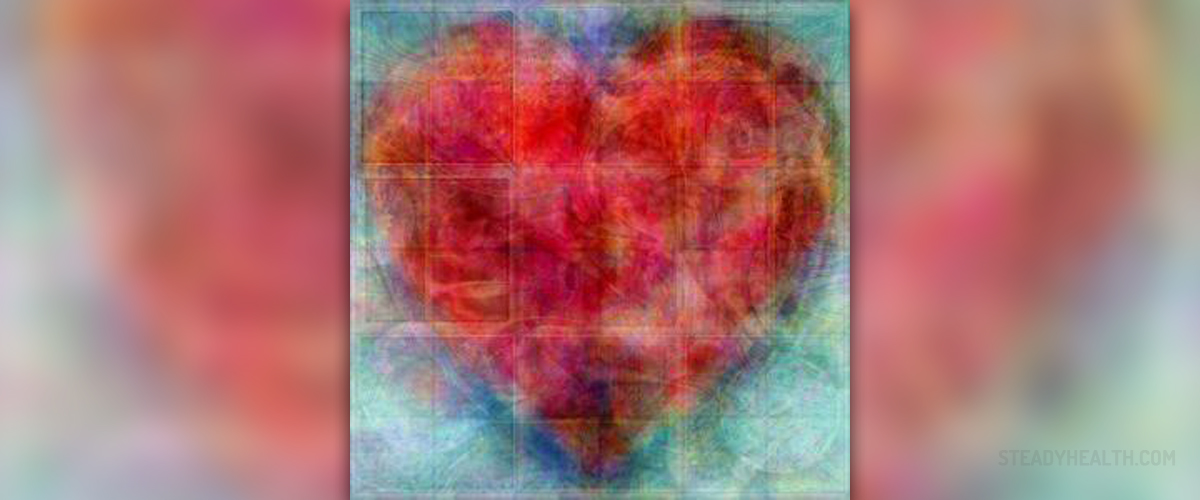
What exactly are heart sounds?
Heart sounds are actually the same as heartbeats, which meansthat the heart makes them while beating. The doctor usually checks thecondition of the heart by listening for the heartbeats with the help ofstethoscope, and besides normal heart sounds (S1 and S2); it is also possible to detectheart murmurs, adventitious sounds and gallop rhythms S3 and S4.
Primary heart sounds
Normal heart sounds (S1 and S2) are also called primary and incases of healthy adults, the terms that are used for their description are luband dub. The first sound is systolic, and the contraction of the ventriclescauses is, while the second sound is diastolic, and it happens when thesemilunar valves close. There is usually a short silence between these twosounds. However, there are cases when these sounds do not ‘sound’ as theyshould, and many reasons might be responsible for something like that. For example,after a strong workout, the heartbeats will be faster and louder, but if thishappens without the previous workout, then the reason might be some strongemotion (such as fear, for example) or the use of stimulants (besides drugs, somefoods might also work as stimulants). As for the second sound, an increaseusually indicates that the circulation in the lungs is disturbed, while thesound that is weakened might suggest that the heart is weakened as well, orthat the fat has accumulated in the thorax. The heartbeat might also be muffledor even extinguished in some cases, and this suggests effusion in thepericardium.
Other heart sounds
A third heard sound (S3) is also known as ventricular gallop, andif it is present in youth, it is not a reason for concern, but if it occursagain later in life, it might indicate some heart problems. Trained athletesoften have it, as well as some pregnant women.The fourth heart sound (S4) is very rare, and if it is present inadults, then it is called atrial gallop. Unfortunately, it usually indicatesfailing of the left ventricle, restrictive cardiomyopathy, or some other pathologicstate.Heart murmurs are actually caused because of the turbulence inthe blood flow, and they usually do not indicate any heart problem.Adventitial sounds, which are also called clicks, areactually short and high-pitched.Rubs are high-pitched sounds that resemble scratching and creaking.They can be present in those who suffer from pericarditis, which is the medicalterm for an inflammation or pericardium.



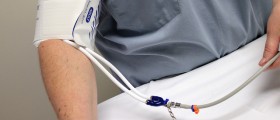

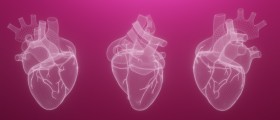


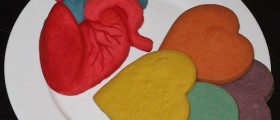


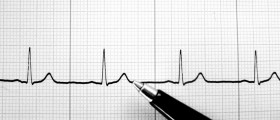



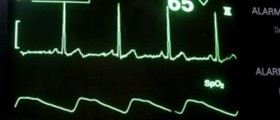
Your thoughts on this
Loading...